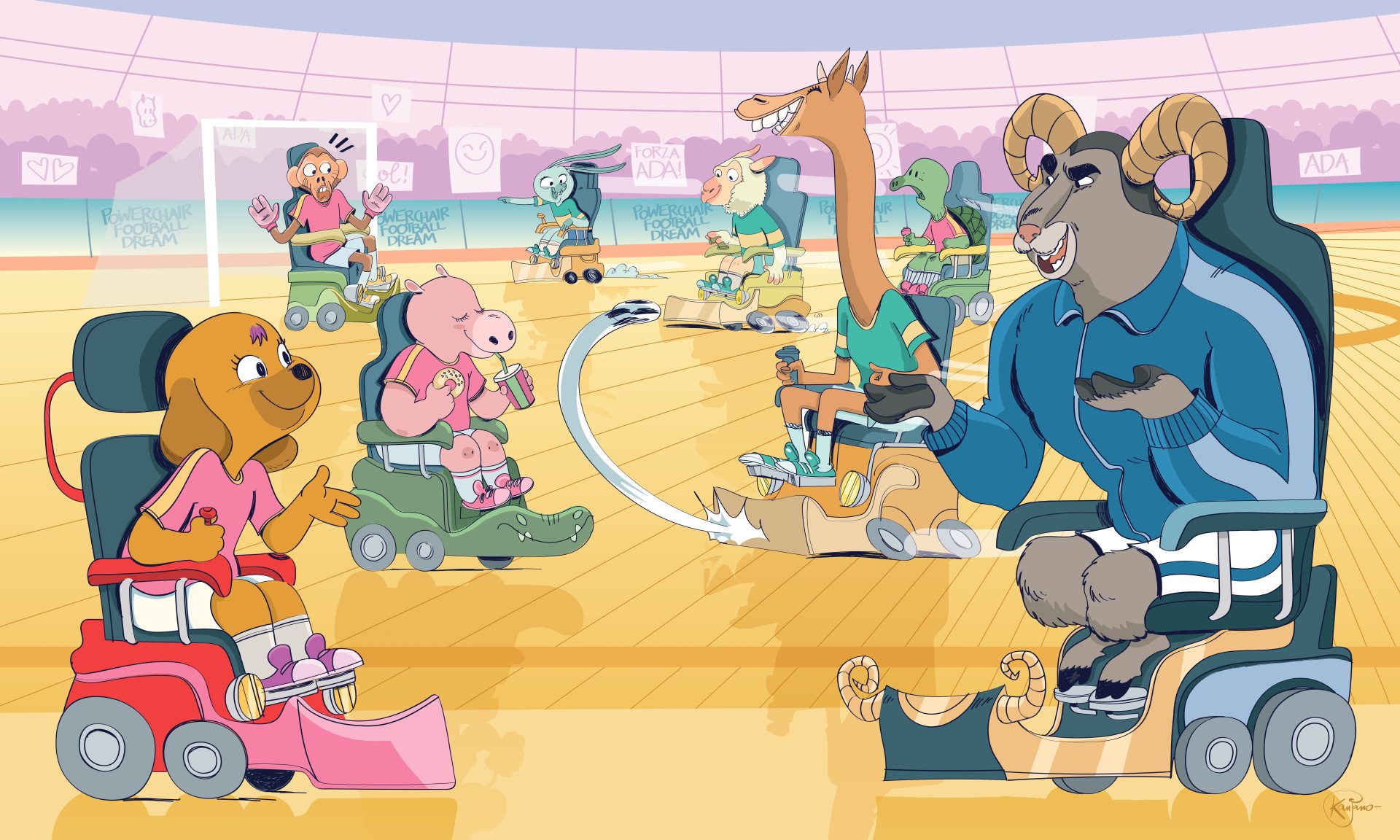The research was born within the educational project “The dazzling ADA“, with the purpose of go into detail the knowledge e the impact than adaptive sports practice – sport accessible to those living with a disability – ha on the everyday life, on health It is on psycho-physical wellbeing Of children, children and adults with SMA and muscular dystrophies.
Scientific literature confirms that sport brings numerous advantages for the overall health of the individual: it is in fact able to reduce the probability of the onset of secondary health conditions and also determine an improvement and effective management of one’s physical health.
Promoted by Nemolab, with the patronage of the NeMO Clinical Centers, the SMA Families Association, Uildm, Italian Paralympic Federation Powerchair Sport Fippse Italian Paralympic Committee, with the non-conditioning contribution of Roche Italia, the investigation involved 67 young adults between 18 and 40 years old e 50 parents of children and young people between 6 and 18 years old, for a total of 117 interviewees, evenly distributed by age and gender, whose pathology requiresfor the majority of respondents, the use of a wheelchair and adherence to a rehabilitation program at a specialized center.
The data confirms that playing sport has a strong positive impact on perceived quality of life (62% of parents and 75% of adults). Let’s talk about physical benefits, like a better perception of one’s abilities and physical well-being (70% of respondents); a greater sense of mental self-control of one’s body and abilities physical (55%) and a increased sense of industriousness and desire to do (80% of adults/68% of parents responding). «Sport is a spark, an activator of energy. It is a precious tool for inclusion without losing the competitive aspect” says the UILDM national president, Marco Rasconi. «And it is precisely this balance that must be protected and maintained also in adaptive sport. For a young person with a disability, sport becomes a fixed objective. Starting to do sport makes all other activities more attainable, because when faced with the “I can’t do” linked to a diagnosis, the thought “I can do everything” takes over.”
The interviewees report improvements in all spheres which are generally reported even by those without a motor disability: the perception of greater self-efficacy, self-esteem, awareness of one’s personal abilities; sense of determination in pursuing objectives and personal self-realization and their own aspirations; a mood improvement.
«Through adaptive sporting activities, our children and young people have the opportunity to test themselves on a playground and have an experience like their peers» he comments Anita Pallara, president of Famiglia SMA APS ETS. “It is true, you also deal with your own limits, but you learn new skills to overcome them and this is fundamental especially for children who are growing and with a motor disability such as SMA. Furthermore, practicing sports helps to get to know and manage one’s body outside of the ordinary activities to which our children are accustomed, such as physiotherapy and rehabilitation, to strengthen the bond with parents, stimulate new friendships and create bonds of trust with people outside your family circle, such as with your coach.”
There are certainly many barriers to overcome, physical and structuralsuch as the difficulty of identifying a reference center accessible to sports suitable for one’s pathology, the difficulty of organizing and managing transport, the poor economic sustainability and the perception of little inclusiveness of the proposed sporting activities.
«For us professionals, the benefits of sports practice are demonstrated by the participation and resilience of the many athletes, family members, volunteers, technicians, fans» he explains Andra Piccillo, federal president Fipps «But investigations like the one carried out as part of this project are fundamental opportunities for organizations like ours to gather statistically tangible data and evidence on the benefits and impacts that the sports disciplines we promote have on the quality of life of the people who practice and experience them. Evidence of which we have immense proof in the form of stories, experiences, anecdotes and tales that we invite you to take a look at on the occasion of the international day dedicated to Powerchair Hockey on Sunday 7 April #ipchday”.
Photo: the dazzling Ada
